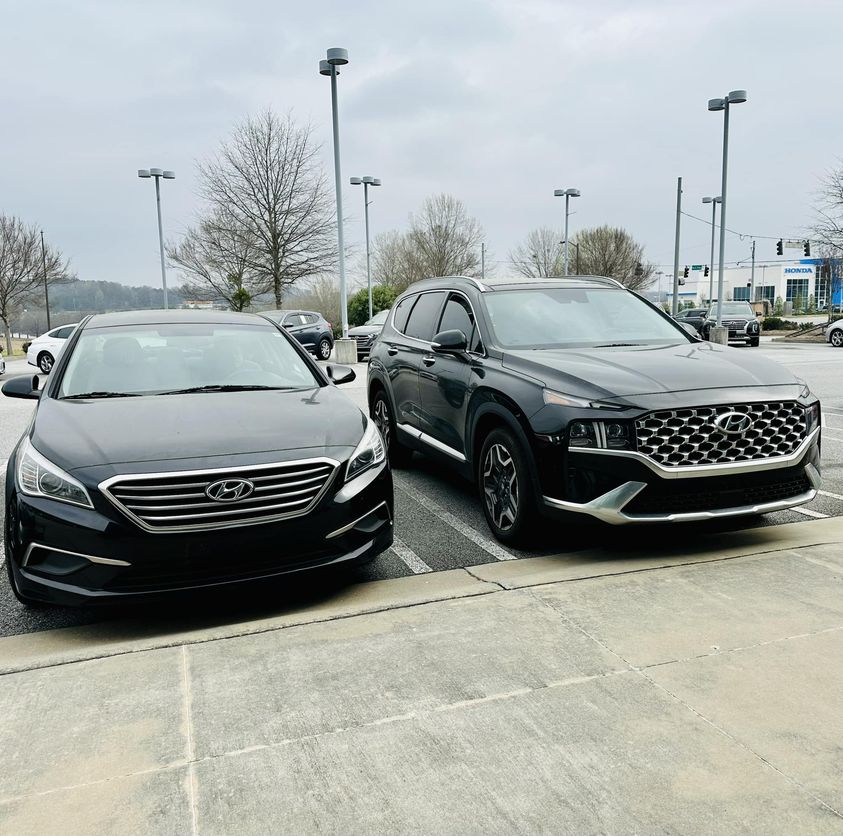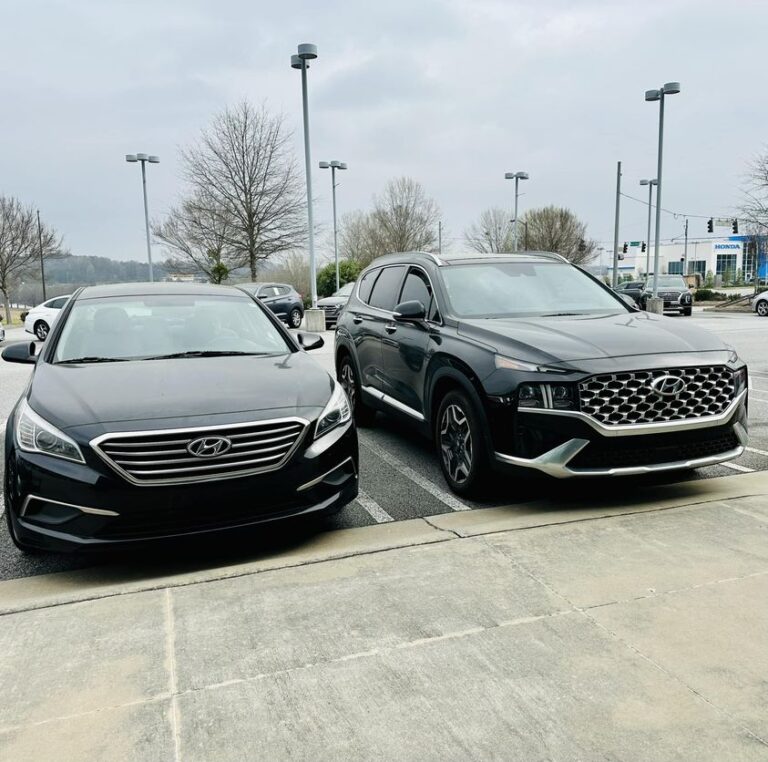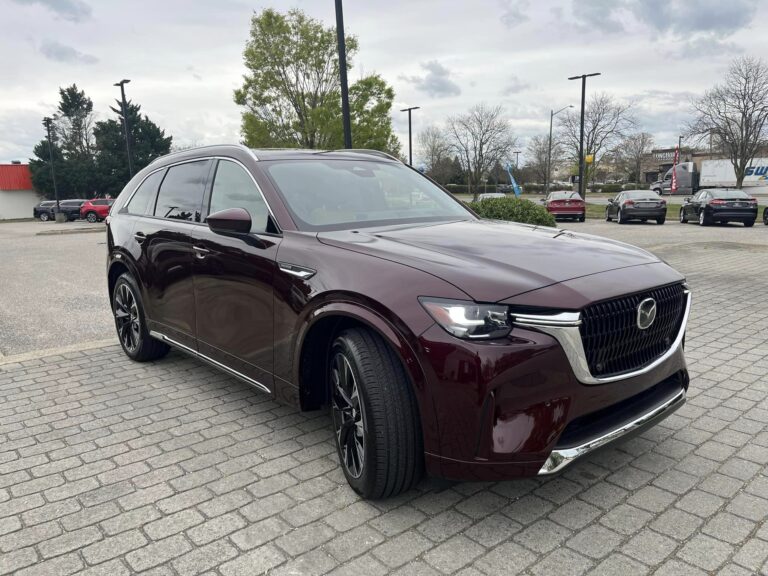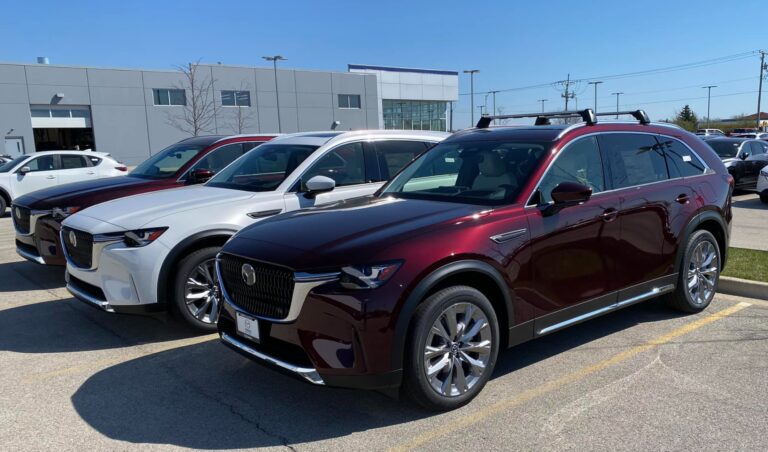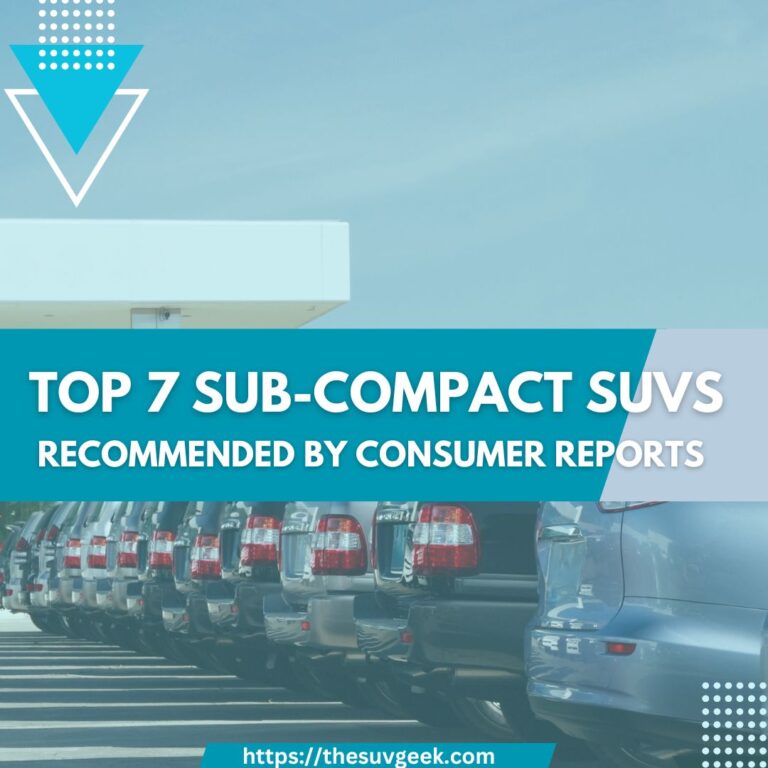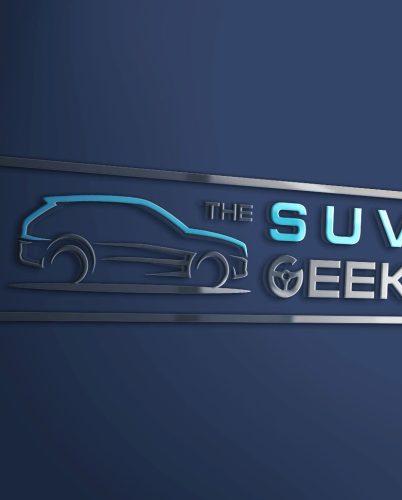Hyundai and Kia Settle for $200M in Response to Increased Thefts
In a groundbreaking move, Hyundai Motor Group’s Hyundai and Kia have conceded to a $200 million settlement over issues of thefts, particularly involving certain vehicle models prone to theft. This resolution arises in reaction to a class-action lawsuit brought forth by affected vehicle owners.
The two automotive giants, both falling under the umbrella of South Korea’s Hyundai Motor Group, have come under fire due to an alarming rise in thefts of some of their older vehicles. This was significantly exacerbated by viral social media videos that demonstrated how easy it was to start these vehicles with nothing more than a screwdriver and a USB cable. It was revealed that these vehicles lacked an engine immobilizer, an anti-theft component that has become standard in most contemporary cars.
Notably, this defect was often found in the base models produced before 2021, with higher-end trims typically equipped with the immobilizer. This information catalyzed a surge in thefts nationwide, pushing the insurance industry into a predicament. An industry report from 2022 revealed that loss claims for Hyundai and Kia models from 2015-2019 were almost double those from any other vehicle manufacturer. The theft risk was so severe for specific models that some insurance companies ceased offering coverage in certain states, disrupting their actuarial assessments.
Models Impacted
| Hyundai Models | Kia Models |
|---|---|
| 2011–2022 Accent | 2011–2021 Forte |
| 2011–2022 Elantra | 2021–2022 K5 |
| 2013–2017 Elantra GT | 2011–2020 Optima |
| 2013–2014 Elantra Coupe | 2011–2021 Rio |
| 2011–2012 Elantra Touring | 2011–2021 Sedona |
| 2011–2014 Genesis Coupe | 2021–2022 Seltos |
| 2018–2022 Kona | 2010–2022 Soul |
| 2020–2021 Palisade | 2011–2022 Sorento |
| 2011–2012, 2019–2022 Santa Fe | 2011–2022 Sportage |
| 2013–2018, 2019 Santa Fe, Santa Fe XL | |
| 2013–2018 Santa Fe Sport | |
| 2011–2019 Sonata | |
| 2011–2022 Tucson | |
| 2012–2017, 2019–2021 Veloster | |
| 2020–2021 Venue | |
| 2011–2012 Veracruz |
As an immediate response, both Hyundai and Kia rolled out free software updates to act as a stopgap for the absence of an immobilizer. These updates, taking less than an hour to complete, could be performed anywhere – even in an owner’s driveway – thanks to teams of field technicians deployed by dealerships. The software update ensures that a locked car can only be restarted when the original key fob is present. Furthermore, both companies also distributed free steering wheel locks to car owners. Hyundai also partnered with AAA insurers to offer insurance coverage to owners who were struggling to find it elsewhere.
Despite these remedial actions, thefts continued to surge, likely due to a lack of uptake on the fixes among vehicle owners. An Associated Press report confirmed that theft numbers rose even post-announcement of these software updates.
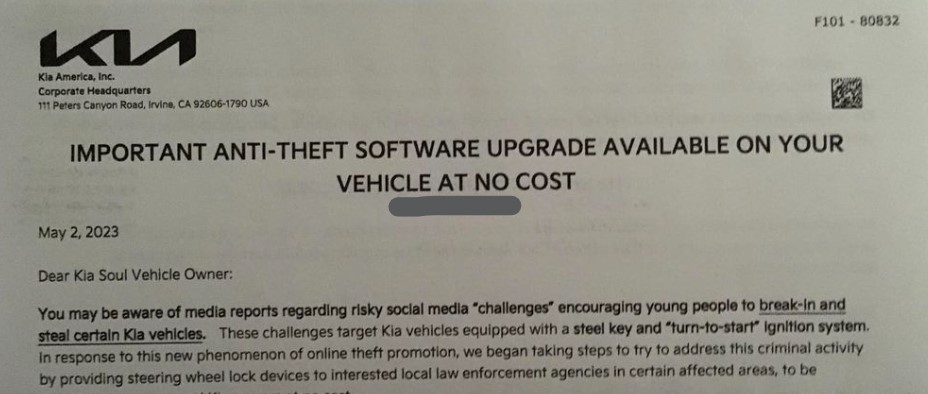
Addressing this issue, lawyers for the affected vehicle owners declared a proposed settlement, providing up to $145 million as compensation for owners of stolen cars. The compensation includes reimbursement for various theft-related losses. For instance, owners can claim for total vehicle loss, damage to vehicles and personal property, insurance-related expenses, and other out-of-pocket costs such as car rentals, taxi fares, or public transit costs that were not covered by insurance. Furthermore, owners can seek reimbursement for tickets obtained from speed or red light cameras while their vehicles were operated by thieves.
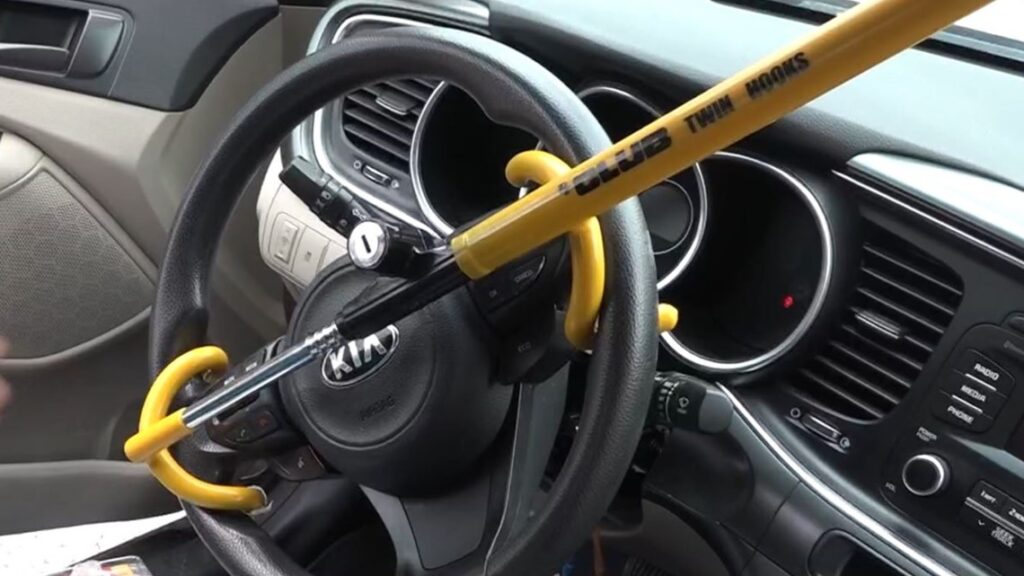
A small section of vehicles that are unable to accept the software update have also been covered under this settlement. For those owners, the settlement provides reimbursement of up to $300 for the installation of an alarm or anti-theft system, the purchase of a steering wheel lock, or other aftermarket modifications designed to deter or prevent theft.
Hyundai has emphasized that “as part of this settlement, the software upgrade will be automatically installed in conjunction with any service or maintenance appointment that brings the owner of an eligible vehicle into the dealership.”
The models impacted by this issue span various years of production, ranging from Hyundai’s Accent, Elantra, and Sonata, to Kia’s Forte, Optima, and Sorento, among others. The agreed-upon settlement reflects a concerted effort by both Hyundai and Kia to rectify this widespread issue and compensate their customers for the undue stress and financial losses incurred.


